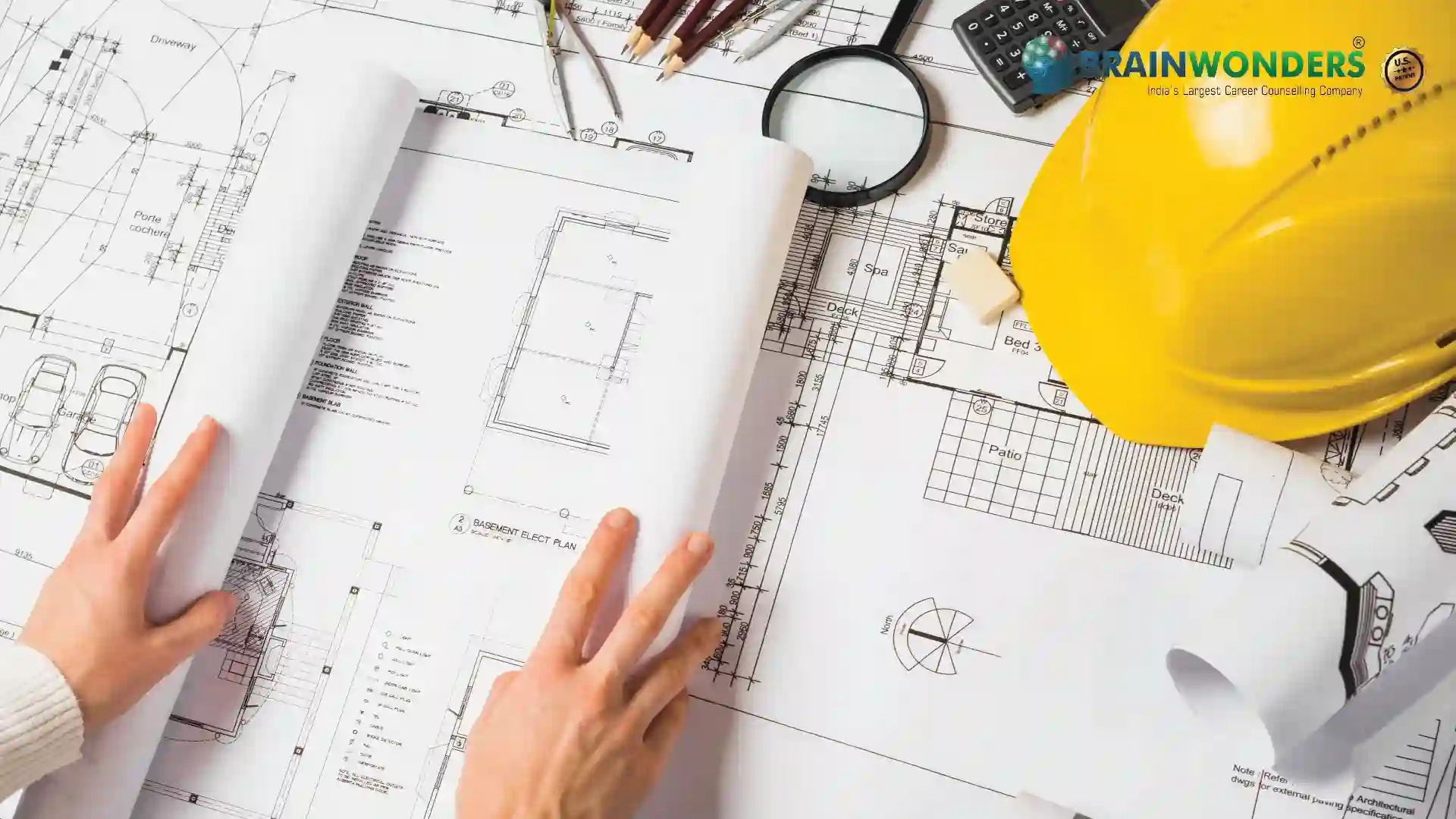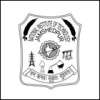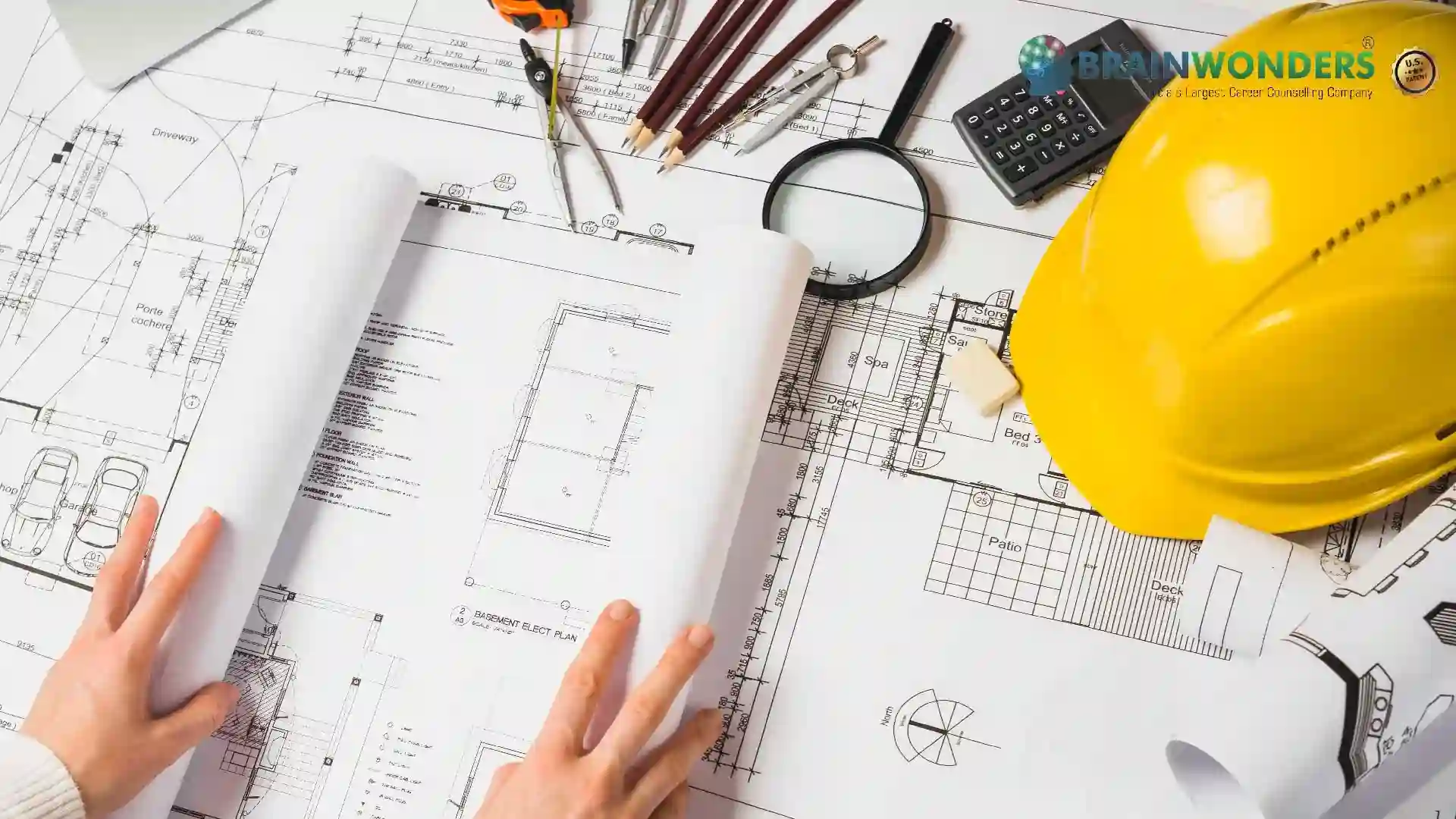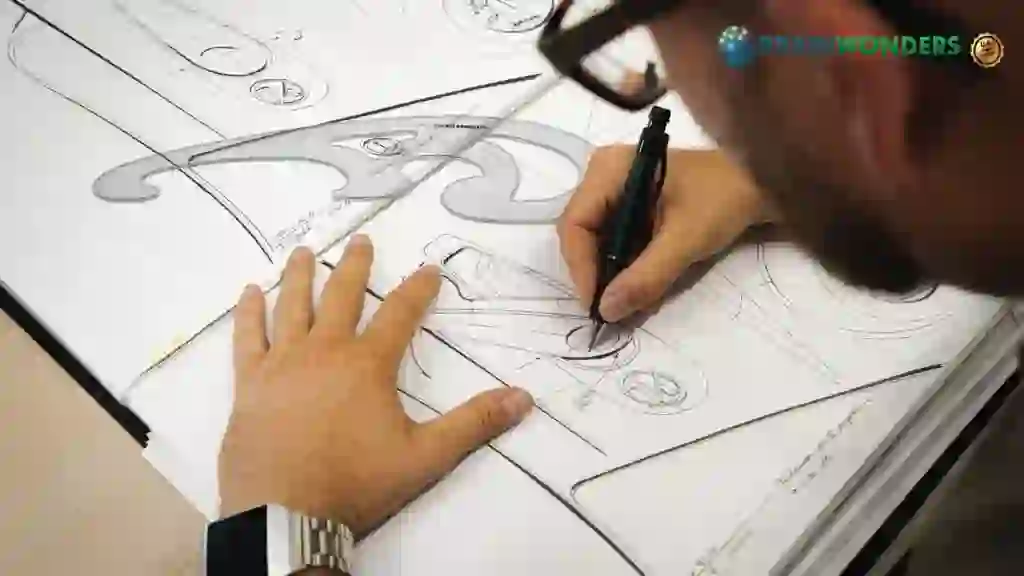How to become a Design Engineer
Overview, Courses, Exam, Colleges, Pathways, Salary

Overview
Who is Design Engineer ?
As a design engineer, you can work in any of the engineering disciplines (civil engineering; mechanical engineering; electrical engineering; chemical engineering; textile engineering; aerospace engineering; nuclear engineering; manufacturing engineering; systems engineering; structural/building/architectural engineering); or in design fields such as Human-Computer Interaction. Work with complex commodities and systems requires the adaptation and application of advanced scientific and mathematical approaches, which design engineers are well-versed in.
Typically, the emphasis is on using engineering physics and other applied sciences to develop social answers rather than on pure research. It is the responsibility of design engineers to create products that are not only visually appealing, but also easy and safe to use. They also have to ensure that the product can be made efficiently and at a reasonable cost.
Typical day at work
What does Design Engineer do?
Job Description, Roles, Duties, Tasks, and Responsibilities:
- Utilizing Computer Aided Design (CAD) and Computer Assisted Engineering (CAE) software to transform ideas into creating drawings, models, prototypes, and plans
- Meeting clients and shareholders to understand design needs parameters and determine project brief
- Collaborating with other engineers and professionals on various facets of the same project
- Study, investigate, research, and design original products and systems ideas
- Investigate and analyze existing projects or components to identify room for improvement, improve efficiency and production
- Ensuring plans, designs, and prototypes are functional, safe and compliant to industry standards and guidelines
- Determine and eliminate design defects through constructing and testing functional and nonfunctional prototypes
- Determine material and production costs to establish manufacturing considerations
- Present designs, provide demonstrations, revise ideas based on new requirements, modify designs, and retest it for client approval
- Draft technical reports to record progress and summarize findings
- Design the concept, aesthetics, specification, materials, development, and functionality of components
- Recognize new systems and processes to improve quality, efficiency, and reduce costs
- Efficiently plan projects on required standards and budget to deliver on time
- Examine the practical implications, effects on environment, and safety of a design.
Abilities and Aptitude needed
What are the skills, abilities & aptitude needed to become Design Engineer?
Design Engineers acquire hard skills via formal study and hands-on experience in the field. They do, however, need good computer, software, and programming talents because their job involves designing and simulating. It is necessary to be able to comprehend highly technical content as well as scientific publications. In their daily job, they use sophisticated mathematical equations, statistics, and calculations regularly. Even though design engineer employs science and technology to build their ideas, they must depend on their imagination, inventiveness, and patience to come up with answers to design issues. Design engineers may be responsible for a single product or the whole design requirements of the business, depending on the size of the organisation that hires them.
Engineering design professionals should be able to prioritise activities, set and stick to deadlines, and construct timeframes for the completion of their work projects. They cooperate with other technical professionals, and as a result, collaboration is crucial. As members of a team, they also need interpersonal skills to listen to and be responsive to other people's thoughts and opinions. To connect with coworkers effectively and respectfully, one must be precise and concise. As a result, having effective verbal and written communication skills is essential for design engineers. They must be able to convey and comprehend technology difficulties as well as their solutions while dealing with customers. Because they think critically and objectively about issues and concerns, as well as ideas, big data engineers are better able to solve problems and make sensible, well-informed judgments. As a result, for this profession, creativity, attention to detail, critical thinking, problem-solving, analytical, and decision-making abilities are required of the individual. They may be required to work on a variety of issues and projects at the same time, necessitating the development of multitasking and time management abilities.
Design Engineers acquire hard skills via formal study and hands-on experience in the field. They do, however, need good computer, software, and programming talents because their job involves designing and simulating. It is necessary to be able to comprehend highly technical content as well as scientific publications. In their daily job, they use sophisticated mathematical equations, statistics, and calculations regularly. Even though design engineer employs science and technology to build their ideas, they must depend on their imagination, inventiveness, and patience to come up with answers to design issues.
Design engineers may be responsible for a single product or the whole design requirements of the business, depending on the size of the organisation that hires them. Engineering design professionals should be able to prioritise activities, set and stick to deadlines, and construct timeframes for the completion of their work projects. They cooperate with other technical professionals, and as a result, collaboration is crucial. As members of a team, they also need interpersonal skills to listen to and be responsive to other people's thoughts and opinions. To connect with coworkers effectively and respectfully, one must be precise and concise.
As a result, having effective verbal and written communication skills is essential for design engineers. They must be able to convey and comprehend technology difficulties as well as their solutions while dealing with customers. Because they think critically and objectively about issues and concerns, as well as ideas, big data engineers are better able to solve problems and make sensible, well-informed judgments. As a result, for this profession, creativity, attention to detail, critical thinking, problem-solving, analytical, and decision-making abilities are required of the individual. They may be required to work on a variety of issues and projects at the same time, necessitating the development of multitasking and time management abilities.
Pathways
How to become an Design Engineer?
Entrance Exam
Entrance Exam for Design Engineer ?
Courses
Which course I can pursue?
Best Colleges
Which are the best colleges to attend to become an Design Engineer?
Industries
Which Industries are open for Design Engineer?
internship
Are there internships available for Design Engineer?
Career outlook
What does the future look like for Design Engineer?
Full-time Design Engineers are employed in an office setting in blue-chip companies, private and public sector organisations, the information technology sector, aeronautical and aerospace firms, pharmaceutical and medical instrument companies, the automotive industry (electronics), shipbuilding manufacturers, power and utility companies, consumer products manufacturing, and other industries. It is possible to become self-employed if one has gained sufficient expertise. Alternatively, they may be employed by a research or educational institutes. An extensive number of graduates join the design engineering professions via a formal graduate training programme. This will provide you with hands-on experience in a variety of fields that will help you along the path to becoming a fully certified accountant.
Design engineers do not follow a predetermined professional path, and the amount of time it takes to achieve chartership is entirely up to the person. During your undergraduate degree (or other training), you may have already decided on a certain field of engineering in which you would want to specialise and pursue a professional career. Obtaining additional certifications and continued professional development in specialised areas might assist to increase one`s employment opportunities. With time and experience, you may advance to the position of a senior design engineer. It is possible to advance your career into team leadership, project management, consulting and management jobs later in your career.






